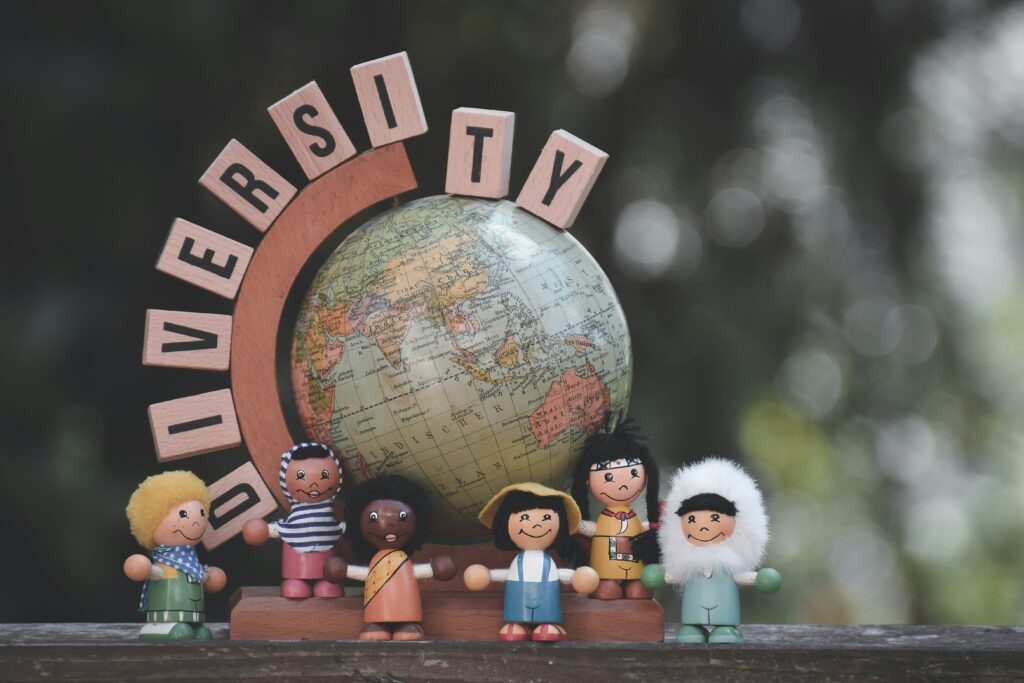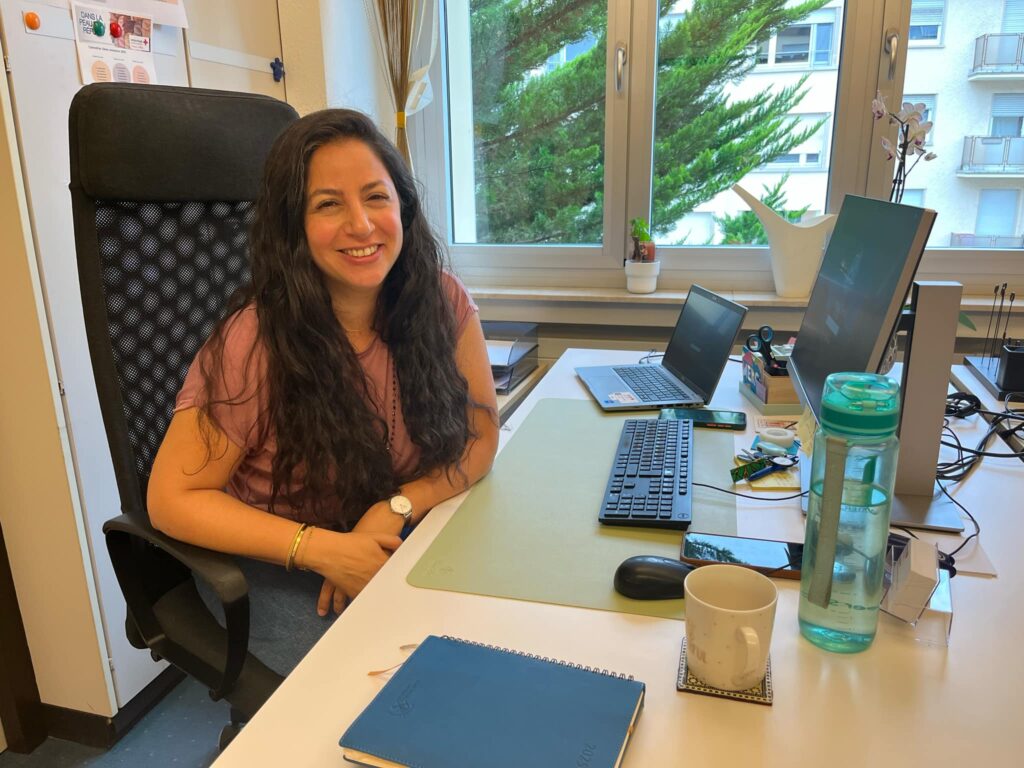10 October 2025


Zeina is a psychologist, holds a PhD in psychology, and is specialized in psychotraumatology, particularly in intercultural contexts. She provides psychological support to the beneficiaries of the LISKO service and explains the importance of considering mental health in the integration process of refugees.
What are the criteria for beneficiaries to receive psychological sessions with you?
“I support refugee and migrant beneficiaries of LISKO who have been identified by their social worker as experiencing psychological distress. We have recently trained our social workers to better detect vulnerabilities and to know how to suggest psychological support in this intercultural setting.
I am also involved in the training ‘In the shoes of a refugee’, which aims to raise awareness among professionals about the issue of psychotrauma and the impact of psychological suffering on social and professional integration.”
In your opinion, how important is mental health in the integration of refugees?
“Mental health is not secondary. If we want to support people’s integration and social inclusion, we must also address the psychological dimension. How can someone integrate if they are struggling with psychological or psychosomatic symptoms that take over, giving a false impression of demotivation, laziness, or wanting to take advantage of the system?
Training professionals to recognize these symptoms, which can hinder integration, is essential.”
What are the most frequent reasons for consultation, and what types of therapy do you use?
“Most people suffer from psychotrauma, depression, and anxiety. I also meet individuals going through crises, sometimes with suicidal thoughts or delusional episodes that require hospitalization. Based on experience, these disorders are often linked to traumatic events experienced in their home country or during their migration journey.
I work closely with psychiatrists and general practitioners, as mental and physical health are intrinsically connected. Psychoeducation plays a key role in my approach — it helps reassure people and explain in simple, accessible terms the link between body and mind.
I also use stabilization and relaxation techniques. In some cases, I apply the EMDR method (Eye Movement Desensitization and Reprocessing), which has proven highly effective in treating psychotrauma.”